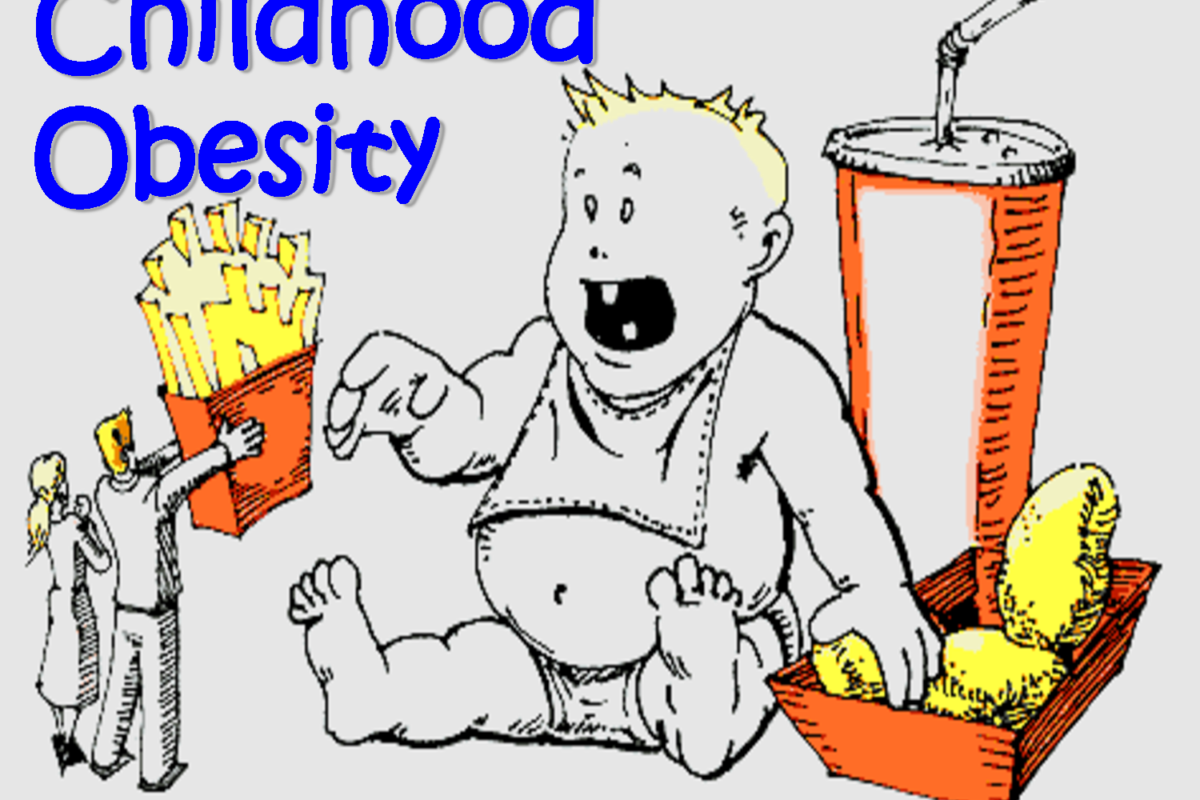

Newborns evoke a mix of excitement, love, fear, and concern not only for the mother but for everyone around them. While infants bring abundant happiness, they also come with concerns due to their susceptibility to diseases, infections, allergies, and more. These concerns lead to a myriad of dos and don’ts, advice, and suggestions for their health and growth. However, this abundance of information can often confuse new parents who struggle to distinguish between myths and facts, especially in the digital age where misinformation is rampant. In this article, we aim to address some of the most discussed myths and misinformation surrounding infants, separating fact from fiction.
- Infants should be kept away from germ exposure: Exposure to household germs or common microbes is beneficial, helping build a robust immune system in infants. Highly sterile environments may slow the development of their immune systems and increase the risk of allergies and infections. However, infants should be kept away from outside visitors who may infect them with their infections.
- Strict Feeding Schedule: Every baby is different, so they have different appetites and growth rates. They should be fed on demand to ensure they receive enough nutrition for healthy development. However, if they don’t cry or demand for feed after a couple of hours of being fed, they should be checked and fed.
- Infants don’t need dental care: Oral hygiene for infants is as important as for adults as they also develop bacteria in their mouth. Despite having no teeth, their gums and surrounding mouth areas, including the tongue, should be cleaned regularly by wiping with a clean soft fabric.
- Taking them outdoors is risky: Infants react to their atmosphere and develop sensory feelings. Outside exposure helps them breathe fresh air, see trees, birds, and greenery, which positively impacts their body and mind. However, considering climate and weather conditions, precautionary measures like covering them with proper clothes must be taken to avoid them getting too cold or warm.
- Daily Bathing: Infants have very delicate skin, so they need proper care and hygiene. The decision to bathe them daily should depend on the climatic conditions. In warm climates, there is a need to bathe them regularly and vice versa. Daily bathing also removes natural oils from the skin, leading to dryness or irritation. So, ideally, cleaning babies daily or once every two days with a wet sponge until they are 4-5 months old is advisable, and a weekly normal bath should be ideal.
- Sleep Position: One of the most prevalent misconceptions is putting babies on their stomachs to sleep. Some believe this method may improve their sleep quality. However, the National Institutes of Health state that putting babies on their backs to sleep is the safest position. Sleeping in a prone position raises the chances of overheating or inhaling previously exhaled air, which can harm your baby’s health.
- To kiss or not?: While kissing a baby is a common expression of affection, it is potentially harmful. Adults may transfer viruses through kissing, which may cause serious health problems in infants. Moreover, kissing a newborn exposes them to harmful bacteria, increasing the risk of infections. It’s best to avoid kissing babies on the face or hands to prevent the spread of germs.
- Why don’t all babies cry after birth?: Not all babies cry after birth. Some newborns may take a few seconds or minutes to cry, while others may not. This situation could be due to a variety of reasons, including a problematic delivery, medication given during labor, or a medical condition.
- Applying Kajal: India is a country of beliefs, and for us, infants are most vulnerable to an evil eye, which is why we find most infants with kajal in their eyes, forehead, and cheeks. There is also a belief that not applying kajal causes small eyes when they grow up. However, applying kajal on the body parts may cause some irritation or skin allergies, but applying it in the eyes surely causes eye infection and may even lead to pus in the eyes, so it’s completely a no-no.
- Milk vomiting: Many mothers complain to doctors that their baby vomits milk regularly; however, pediatricians consider it a common and non-serious issue. Infants vomit milk if they are overfed or if their stomach is pressed while lifting them. It is always advisable to lay them down only after they burp to avoid vomiting. However, if the frequency of vomiting and an irritated baby is higher, then do not delay consulting your pediatrician.




